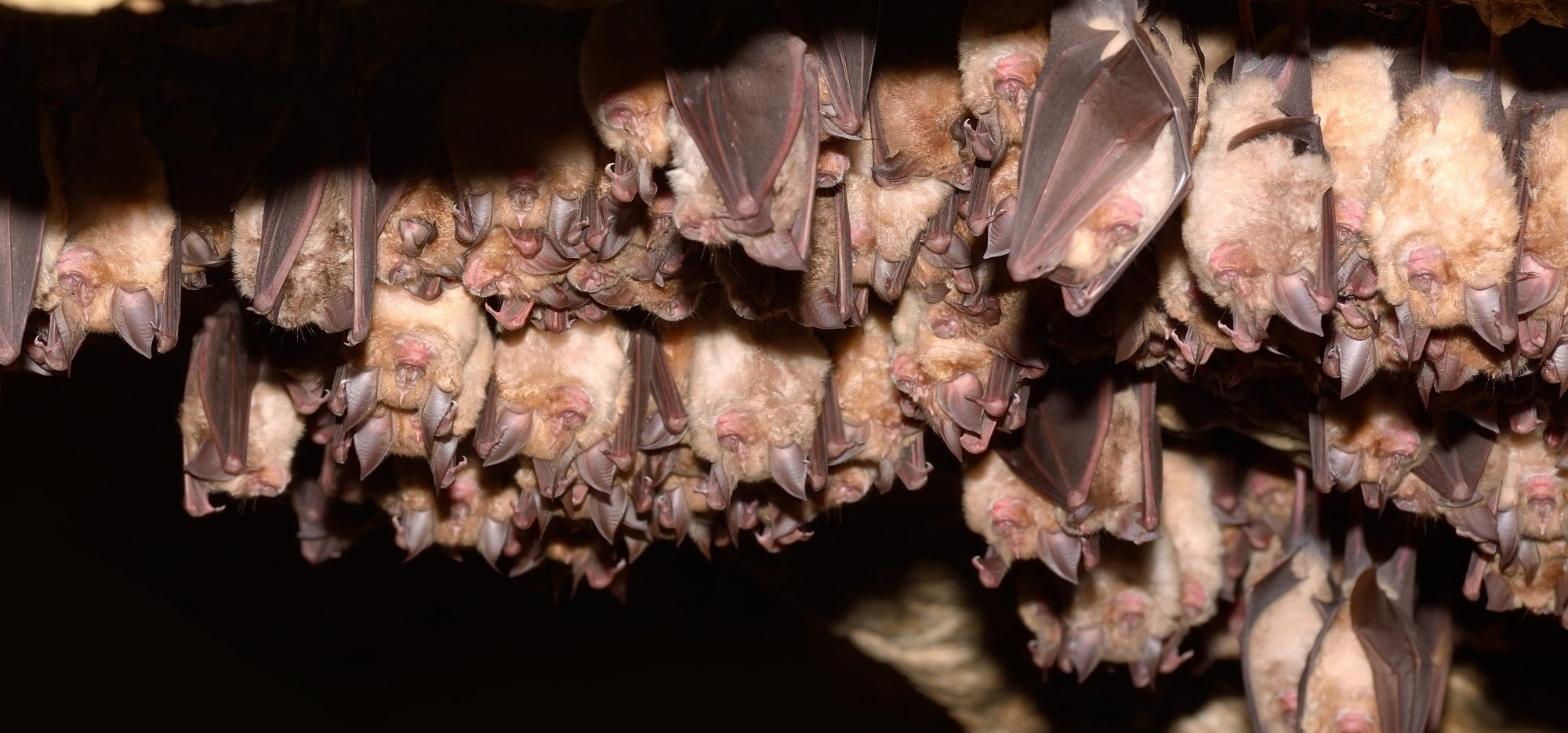WCL publishes explanatory note on NGO concerns on ‘Species Conservation Strategies’
Wildlife and Countryside Link has published an explanatory note on NGO concerns about the new ‘Species Conservation Strategies’ amendment in the Environment Bill.
Proposed amendments to the Environment Bill would introduce a power for Natural England to develop Species Conservation Strategies. While these could potentially provide a range of opportunities, we are concerned by the overt focus of these on development and in particular with the stated ambition to seek approaches that are similar in principle to the District Level Licensing (DLL) approach currently applied to great crested newts as ‘a default option for managing the impact of development on protected species’.
The note explains that Defra acknowledges that the DLL approach applied to great crested newts cannot be applied directly to other protected species, and indeed any attempts to do so would likely result in significant harm. Any consideration of strategic licensing systems for other species should only be considered as part of a wider conservation strategy for those species. Future approaches must be informed by an evidence-based review of, and lessons learnt from, the experience with great crested newts, and should only be progressed where a thorough assessment of the conservation status of a species, its needs and amenability to strategic approaches has confirmed that this is appropriate. Limitations of knowledge and of methods being considered need to be recognised and objective criteria should be developed to identify approaches that might be appropriate to different species, how success criteria would be developed and the necessary ‘checks and balances’ and governance to set standards and ensure compliance.
Some of the species for which DLL has been explicitly suggested are demonstrably not suitable. For example, the UK’s 17 species of bats have a range of ecologies (and therefore require individual consideration) but share traits which preclude the kind of approach that has been adopted in respect of great crested newts. They are long-lived, with slow reproductive rates (one young per year) and they rely on complex habitat combinations. Many are dependent on and faithful to site-specific roosts, often in built structures, and are not suitable for translocation. That is not to say that there are not strategic measures that can be taken to further the conservation and recovery of bats and to simplify the requirements for developers, including the development of ‘Earned Recognition’ to facilitate a lighter touch approach to licensing and this is actively being pursued – but District Level Licensing is simply not appropriate for these species.
The concerns align with CIEEM’s own position statement on strategic licensing that we published in December 2020.
